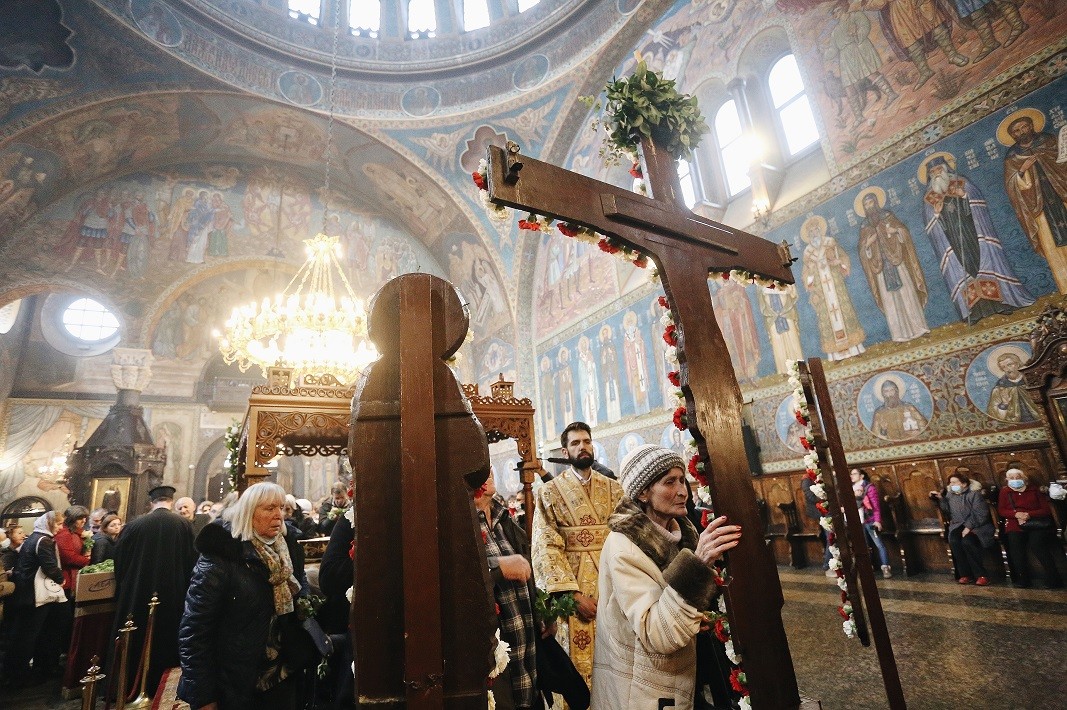
Often described as “the Bulgarian Verdi” or “the Bulgarian Puccini,” composer Parashkev Hadjiev (1912–1992) has long been recognised as a central figure in Bulgaria’s operatic tradition. The country’s most prolific creator of musical-stage works, he left..
Admirers of schlager music and expressive stage presence are certainly looking forward to the pre-Christmas meeting with Veselin Marinov. It has already been a long-standing tradition for the singer to have a concert in the National..
Photos: ubc-bg.com, архив, Facebook/ Filmotechno podcast Discover more Bulgarian music in Radio Bulgaria's series "Highlights of Bulgarian musical culture": Highlights of Bulgarian musical culture: ''Barefoot times'' -..

+359 2 9336 661
